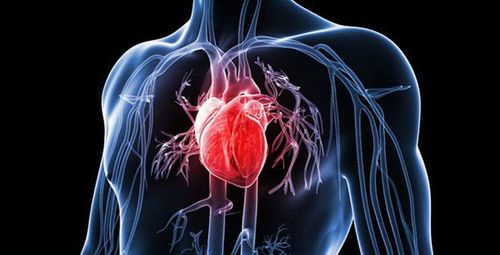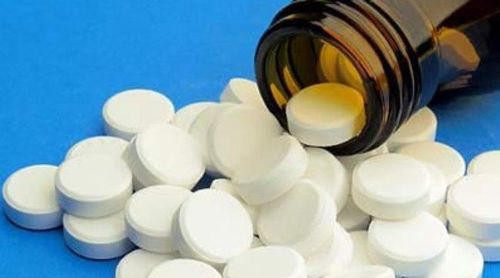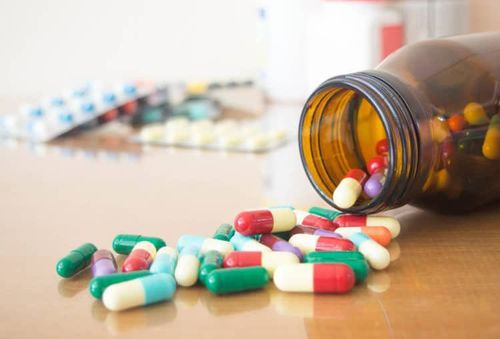This is an automatically translated article.
Epinephrine acts directly on the sympathetic nervous system and causes changes in many organs in the body. This drug is best known and used in the treatment of anaphylaxis, circulatory arrest.
1. What is adrenaline?
Epinephrine (adrenaline) has a direct effect on the sympathetic nervous system. The drug has an international generic name: Epinephrine.
Types of adrenaline used include: solution for injection, eye drops, metered dose spray, combination with other drugs.
2. Effects of the drug epinephrine
Epinephrine is a stimulant of the sympathetic nervous system, stimulating both the alpha and beta receptors of the sympathetic nervous system, but acting on the beta receptor is stronger. The effects of the drug are shown through the sympathetic nervous system organs, including:
Cardiovascular effects: Increases heart rate and increases myocardial contractility; Increased systolic volume and increased myocardial oxygen consumption, increased coronary blood flow; peripheral resistance increases blood pressure. If given intravenously, it causes a decrease in peripheral resistance, initially causing an increase in heart rate, but then due to a parasympathetic reflex that causes a decrease in heart rate. On the respiratory system: Causes mild respiratory irritation, strong bronchiectasis but makes bronchial secretions more viscous. Central Nervous System Effects: Because the drug does not cross the blood-brain barrier into the central nervous system, low doses have little effect on the central nervous system. However, when used in high doses, it stimulates the central nervous system causing nervousness, restlessness, irritability, palpitations, nervousness, tremors. On the eyes: When instilled, the drug causes less pupil dilation. Digestive system: Causes decreased muscle tone and decreased intestinal secretion, increasing blood flow. Genitourinary-urinary system: There is a sharp decrease in blood flow to the kidneys, but the glomerular filtration rate is rarely changed; Decreases bladder tone, but increases smooth muscle tone, which can lead to dysuria. Adrenaline inhibits uterine contractions in pregnant women. On metabolism: Causes decreased insulin secretion, increased pancreatic glucagon secretion and accelerated glycogenolysis leading to hyperglycemia. In addition, causes vasoconstriction under the skin, increased basal metabolism, and increased body temperature.
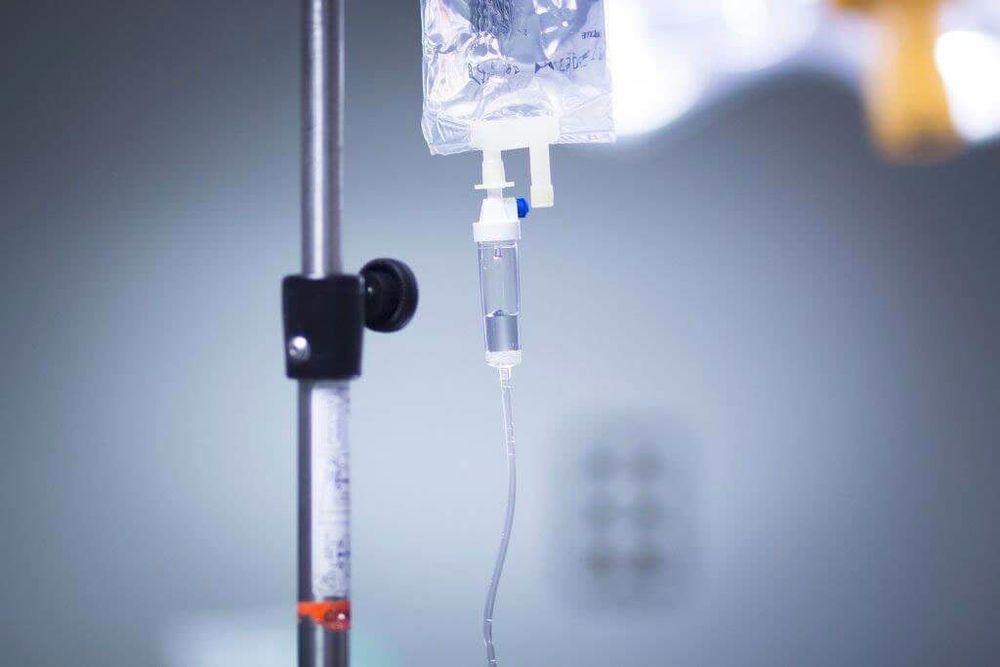
Thuốc epinephrine được sử dụng cho một số trường hợp bệnh lý nhất định
3. Indications and contraindications of epinephrine
Indications of adrenaline drugs: Used according to the indications of professionals in the cases.
Severe anaphylaxis Emergency cardiac arrest Malignant asthma attack: Combination of other anti-inflammatory and bronchodilator drugs In primary open-angle glaucoma Local use has vasoconstrictor effect to stop bleeding in cases nosebleeds, bleeding in the bladder, gastrointestinal tract...
Contraindications: The drug used in emergency cases of anaphylaxis or circulatory arrest has no contraindications, only caution is used in some subjects. Other cases with contraindication to adrenaline include:
Severe cardiovascular disease, hypertension Atherosclerotic atherosclerosis Unstable hyperthyroidism, Cardiac arrest due to ventricular fibrillation, Diabetes mellitus, Glaucoma People have narrow-angle glaucoma, are at risk of closed-angle glaucoma Obstructive urination People who are anaesthetized with halogen groups can lead to side effects such as ventricular fibrillation
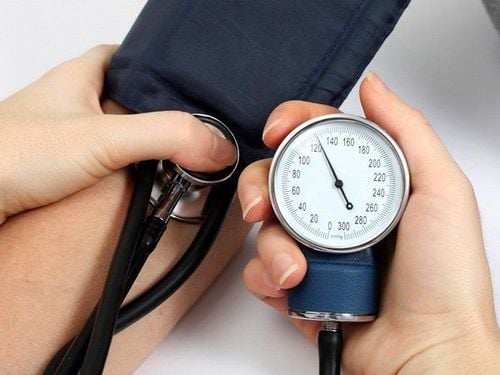
Người có bệnh lý huyết áp cao cần hỏi ý kiến bác sĩ trước khi dùng thuốc
3. Undesirable effects
Common side effects:
Headache, fatigue, sweating Increased heart rate, increased blood pressure, nervousness Tremor, anxiety, dizziness Increased salivation Uncommon side effects:
Ventricular arrhythmia Poor appetite, nausea, vomiting Fear, restlessness, insomnia, excitability Dysuria, urinary retention Difficulty breathing Rare side effects:
Brain hemorrhage, pulmonary edema (due to hypertension), Necrosis due to high blood pressure vasoconstriction, arrhythmia, angina pectoris, hypotension, dizziness, fainting, cardiac arrest, tissue necrosis due to adrenaline escaping from the blood vessels when injected. Confusion, mental disorder. Metabolic disorders, especially glucose metabolism.
4. Dosage and use of adrenaline drugs
In the management of anaphylaxis: Adults: Subcutaneous or intramuscular injection of 0.3-0.5 ml of 1:1000 solution, repeat every 5 minutes depending on the patient's blood pressure. If after 2 times of intramuscular injection, there is no effect, switch to intravenous route of 3 to 5 ml of 1:10000 concentration solution at intervals of 5 to 10 minutes. Children: Subcutaneous or intramuscular injection from 0 to 0 .05-0.25 ml solution ratio 1:1000. In severe cases, intravenous use with a dose of 0.1ml/kg body weight solution concentration 1:10000.
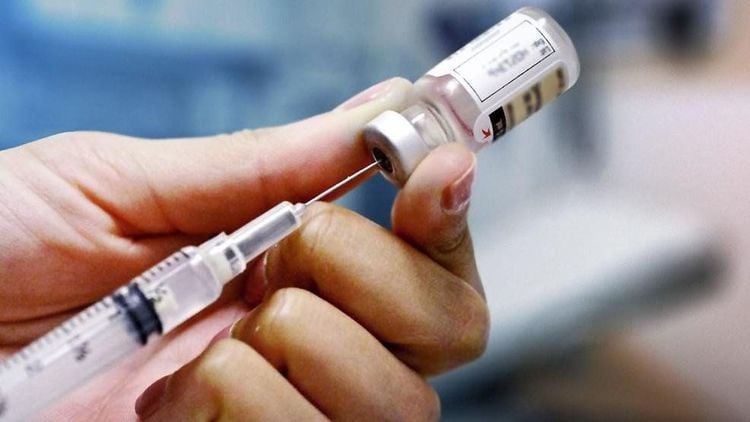
Liệu lượng và cách sử dụng thuốc adrenalin cần tuân thủ đúng phác đồ
Cardiac arrest: The adult dose is 0.5 to 1 mg intravenously, every 3 to 5 minutes or as a continuous infusion at a dose of 0.2 to 0.6 mg/min/. In children the dose is from 7-27 mcg/kg body weight. Severe asthma attack: The dose of 0.5 mg is injected subcutaneously, however, due to its short effect, it must be re-injected after 20 minutes. For some other diseases, depending on the case and response to drugs, different doses are indicated.
5. Precautions when using epinephrine
Use the drug under the direction and guidance of the doctor Do not inject adrenaline into the vein without diluting the dose, especially in people who are sensitive to adrenaline, have hyperthyroidism... Pregnant and lactating women: Adrenaline crosses the placenta and enters the fetal circulation in very small amounts, however it is not expected to affect the fetus; Safe for lactating women. Pay attention to storing the medicine at a temperature below 30 degrees Celsius, not in a hot place, away from direct light. Do not use if the injection turns pinkish brown. Do not use adrenaline with drugs: Non-selective beta-adrenergic blocker; halogenated anesthetics; Tricyclic antidepressants. Adrenaline is not only used in the treatment of anaphylaxis but also in many other cases. However, it is also a toxic drug due to its many effects on the organs, so it should not be used arbitrarily.
Vinmec International General Hospital with a system of modern facilities, medical equipment and a team of experts and doctors with many years of experience in medical examination and treatment, patients can rest assured to visit examination and treatment at the Hospital.
If you have a need for consultation and examination at Hospitals under the national health system, please book an appointment on the website to be served.
Please dial HOTLINE for more information or register for an appointment HERE. Download MyVinmec app to make appointments faster and to manage your bookings easily.
MORE
11 things to know about steroids Non-steroidal anti-inflammatory drug (NSAID) characteristics? Use pain relievers appropriately





